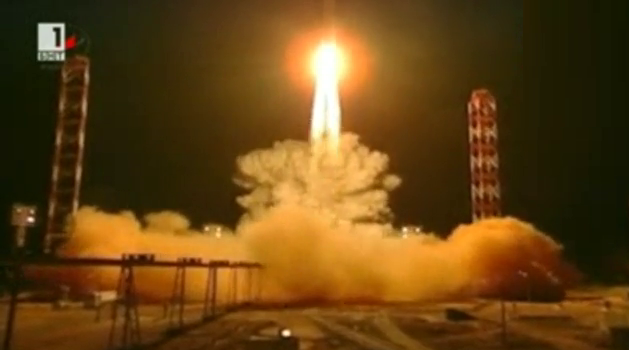
Bulgarian authorities prevented smuggling of 90,000 cigarettes at Lesovo border crossing

President Radev held a meeting with Hungarian Prime Minister Orban in Sofia

The outbreak of sheep and goat pox in Kardzhali region has been eradicated

An avalanche in Pirin buried people, one died

Ski season in Vitosha mountain near Sofia opens on 26 December
Топ 24
Най-четени

Трагедия! Внезапно ни напусна Мартин Дечев

Повече от три часа 60 пътници са блокирани в два влака в Централна...

Колко е голяма сянката на "сенчестия флот" на Путин

Американски изтребител е свален над Червено море от приятелски огън

Албания забранява ТикТок за една година заради убийството на...

Започна ремонт на "Кулата" заради влизането ни в Шенген

САЩ атакуваха складове за боеприпаси и команден център на хутите

Национална конференция: ДПС се събира извънредно в НДК

Томас Лафчис, Карлос Насар, Семен Новиков и Магомед Рамазанов в...

Катастрофа спря влаковете между София и Пловдив, има пострадал

Отиде си Маргарита Михнева, един от доайените на българската...

5 жертви и над 200 ранени, след като кола се вряза в коледен базар...

Митничари откриха над 230 000 евро, увити като сандвичи

Кола се вряза в коледен базар в германския град Магдебург, има...

Кремъл: Ясно е кой е поръчителят и кои са организаторите на...

Предупреждение за обилни валежи от дъжд и сняг през нощта и утре

Утре: 26 линии на софийския градски транспорт няма да работят

Трагедия! Внезапно ни напусна Мартин Дечев

Крим реши да се присъедини към Русия (ОБОБЩЕНИЕ)

Европейският съвет заседава извънредно за Украйна
















